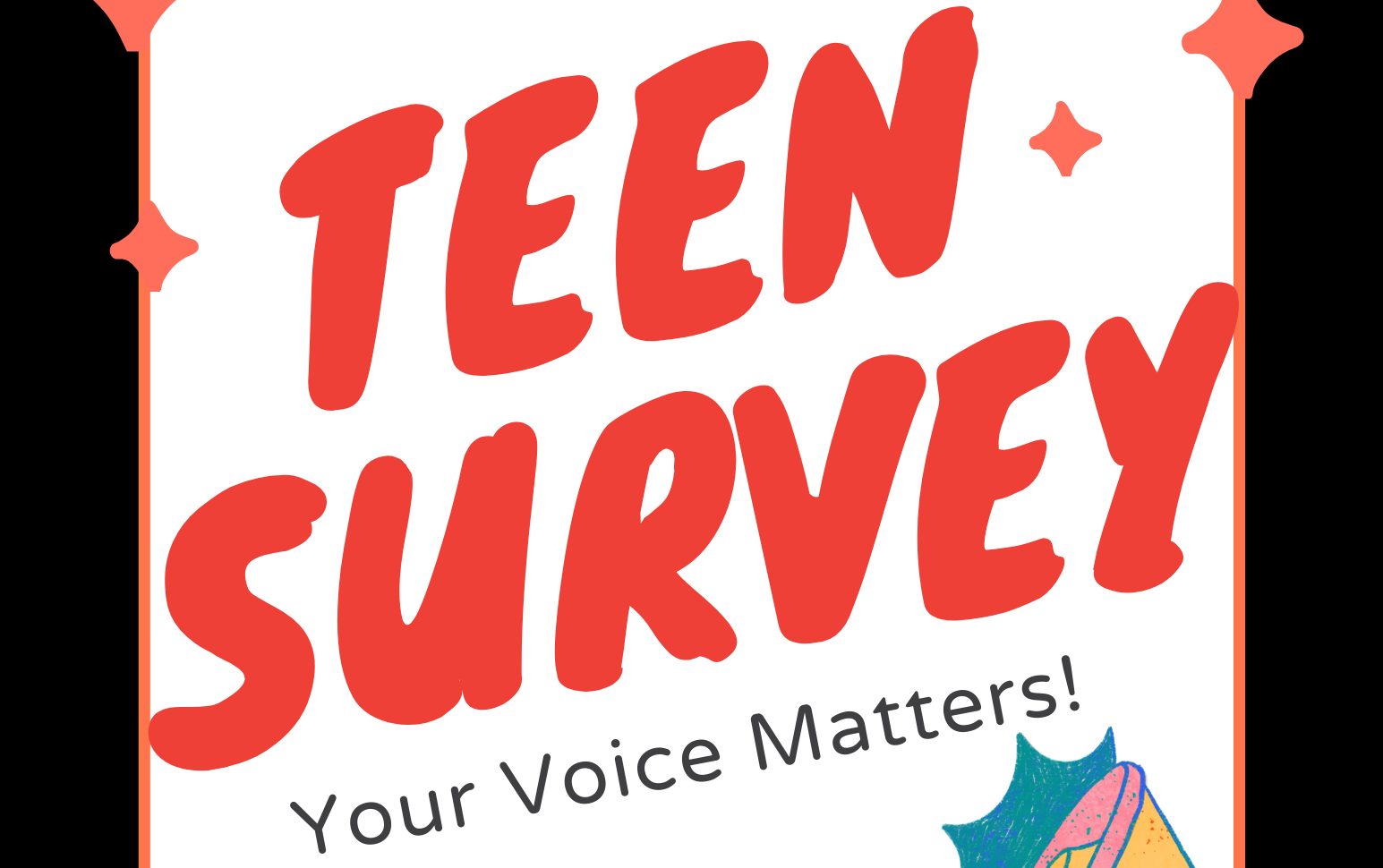Clad in shredded jeans and Doc Marten boots with a strict no-regret policy, Maggie Stiefvater pretty much epitomizes what it means to be cool. For those who either have been living under a rock or do not read popular fiction, Maggie Stiefvater is a New York Times bestselling author of many young adult novels, including the internationally bestselling “Shiver” trilogy, “The Raven Boys” series and “The Scorpio Races.” Her latest book, “Sinner,” is the standalone companion book to the “Shiver” trilogy and is out in bookstores now. In addition to being an author, Maggie Stiefvater is a professional portrait artist, competitive bagpipe player, and a proud owner of many animals, which comprises fainting goats and “three dogs who fart recreationally.” So again, I repeat: she pretty much epitomizes what it means to be cool.
It was the greatest pleasure to interview her along with two other VOX teen reporters, Christa and Shva, during the 2014 AJC Decatur Book Festival. We asked her about her inspirations for her writing, the challenges she has faced and overcome, and advice that she would give teenagers today.
VOX: You’re extremely multitalented, not only in writing but also in music and art. Do these hobbies and talents of yours ever correlate or influence each other?
Stiefvater: I feel like in a way, I’ve kind of tricked myself into having the perfect job, because all of my hobbies are now my jobs so I can justify almost anything and it’s the best. It’s like I’m playing three different instruments. I’m playing the same song and doing the same story but looking at different sides of people.
V: Where do you draw inspiration for your characters in your stories?
S: I steal them all [laughs]. I used to use people that I would just imagine, or types of people. I think of it again as doing art. If I were doing an illustration of a person, I wouldn’t draw it without a model from real life. All of my characters start off the same way with an actual human heart, and then I change them.
V: Would facing rejection be considered one of the biggest challenges that you’ve faced and overcome?
S: No, actually, because I’ve always had a lot of self-confidence as a musician. Not that I was an amazing musician, but if you keep practicing enough, you’ll get good at it. So I’ve always figured that when someone says no, it just meant I haven’t practiced enough. So the biggest thing to overcome was my crippling stage fright. Unless I had a musical instrument in my hand, I couldn’t get in front of people without wanting to throw up or my hands being sweaty and I couldn’t remember what I was saying, and it was awful. So definitely my crushing stage fright was the thing to overcome.
V: How did you overcome that?
S: I learned to think of my speaking as the same way I think of my music. So when I went out with my band, I wasn’t nervous because I knew what I was doing. So for speaking, I used to have to write my presentations down to the very last word– even the jokes I would write down and I would record myself and pause. Then I would go out and do it exactly the same way. It was just like reciting a performance, but it would look like it was totally natural.
V: You’re very influential with teenagers, such as your involvement with Scholastic’s “This is Teen” community and your daily interactions with fans on social media. What is one piece of advice that you would give to teenagers today?
S: You should learn to love the strange bits about yourself. The parts I hated the most about myself when I was a teenager are the parts I love the best now, because they were the hardest to live with and the most different from everything around me. Now I love that they’re the unique parts of me. So the things that you hate about yourself now are the things that you should be looking at and seeing if you can just stand on the other side and see how they are a positive attribute.
V: Are there any authors that inspire you with your writing style?
S: Yes, but it’s not one author but instead a collection of wisdom that I have on my bookshelf. I remember once I read this book called “Peace Like a River” by Leif Enger, and I really loved it. The characters were really beautifully drawn.
Read about VOX’s presence at the Decatur Book Festival and all the behind-the-scenes work it takes to prep teens here!




